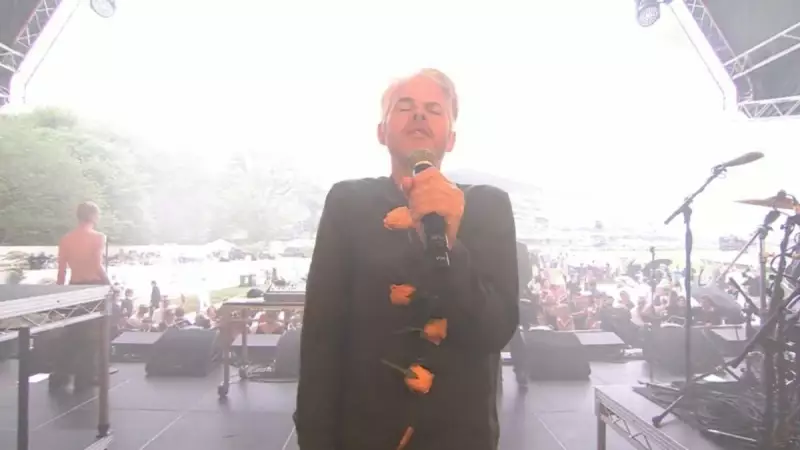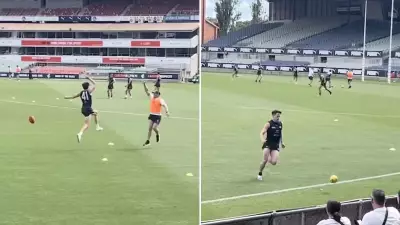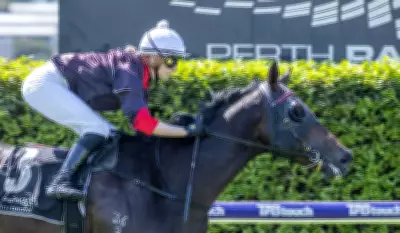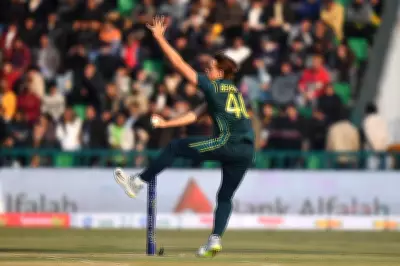
Australian electronic music sensation PNAU has found themselves at the centre of a social media firestorm following their highly anticipated performance at the 2024 Melbourne Cup, with viewers delivering scathing reviews of what many are calling a disastrous show.
Social Media Erupts in Criticism
The beloved Sydney-based duo, consisting of Nick Littlemore and Peter Mayes, faced immediate and brutal backlash across multiple platforms after taking to the stage at Flemington Racecourse. Twitter and Facebook exploded with negative comments moments after their set began, with racing fans and music lovers alike expressing their disappointment.
'That PNAU performance was the worst thing I've ever seen at the Melbourne Cup,' one viewer declared on social media, capturing the sentiment of many disappointed spectators.
Viewers Voice Their Disapproval
The criticism was both swift and merciless, with comments ranging from outright anger to sheer confusion about the artistic direction of the performance. Multiple viewers described the experience as 'painful to watch,' while others questioned the suitability of PNAU's electronic sound for the prestigious racing event.
'That was absolutely brutal. PNAU should be embarrassed,' another social media user commented, reflecting the harsh tone of the online reaction.
A Surprising Turn for Festival Favourites
The negative reception comes as a particular shock given PNAU's reputation as one of Australia's most successful electronic acts. Known for their vibrant festival performances and collaborations with international stars like Elton John, the duo has built a strong following both domestically and internationally.
Their Melbourne Cup performance was expected to be a highlight of the racing calendar's entertainment lineup, but instead became the subject of widespread criticism that dominated post-event discussions.
The Aftermath Continues
As the social media storm continues to gather momentum, questions remain about how the critically acclaimed band will respond to the overwhelming negative feedback. The incident serves as a stark reminder of the unpredictable nature of live performances at major Australian sporting events, where audience expectations run high and tolerance for missteps is notoriously low.





